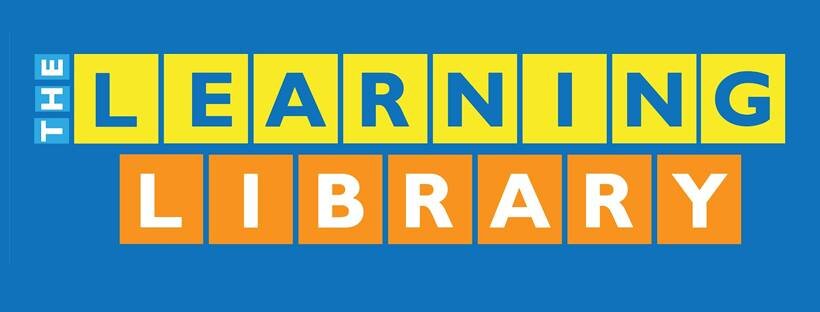Are my child’s essays good or bad? How do I know?
By Miguel Fenix
Imagine your child brings home an excellent grade for writing. As a parent, it's very common to feel proud and assume they're a great writer. But, here's the twist: the grades they get in school don't always show the full story of how good they really are at writing. Even if they get a good grade, it might not mean they have met all the important aspects that truly define great writing. How can you tell if your child’s essays are genuinely good, or not?
For the past 15 years, The Learning Library has helped develop grade school and high school students’ writing skills that meet writing standards. (You can learn about these standards here.) Teachers at The Learning Library use a framework known as the 6+1 Traits of Writing:
The first six are key ingredients for cooking up compelling narratives, organizing ideas, and communicating effectively. How do you know if they’re missing? Take a closer look at one of your child’s essays and pay attention to these!
Ideas - Writing that lacks details or doesn't paint a clear picture. Is there anything that will make readers feel they learned something about the topic?
Organization - A story that's all jumbled up with a confusing order of events, or an essay that’s supposed to persuade but the arguments do not follow a logical sequence.
Voice - Writing that doesn't show the writer’s feelings or personality. A good story or essay evokes an emotion or mood from the reader.
Word Choice - Repeating words or using language that’s too simple; no variety and nuance in the vocabulary.
Sentence Fluency - Writing that feels like a list of short, choppy sentences; using the same sentence patterns over and over again: "I was happy. It was good. I liked it.”
Conventions - Writing that has spelling or grammar mistakes. For instance, "He walk to store" with repeated errors in words or sentences.
If you see your child having trouble in any of these traits, it's a sign that they need guidance and practice. Why not give them a head start? The Learning Library offers a free trial of its READ UP, WRITE NOW online program – free writing assessment included! Find out how it helps kids write better, here.
Writing is critical to academic and professional success, and it’s never too early to start!

